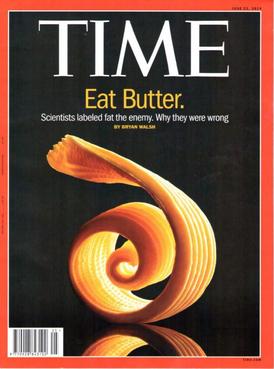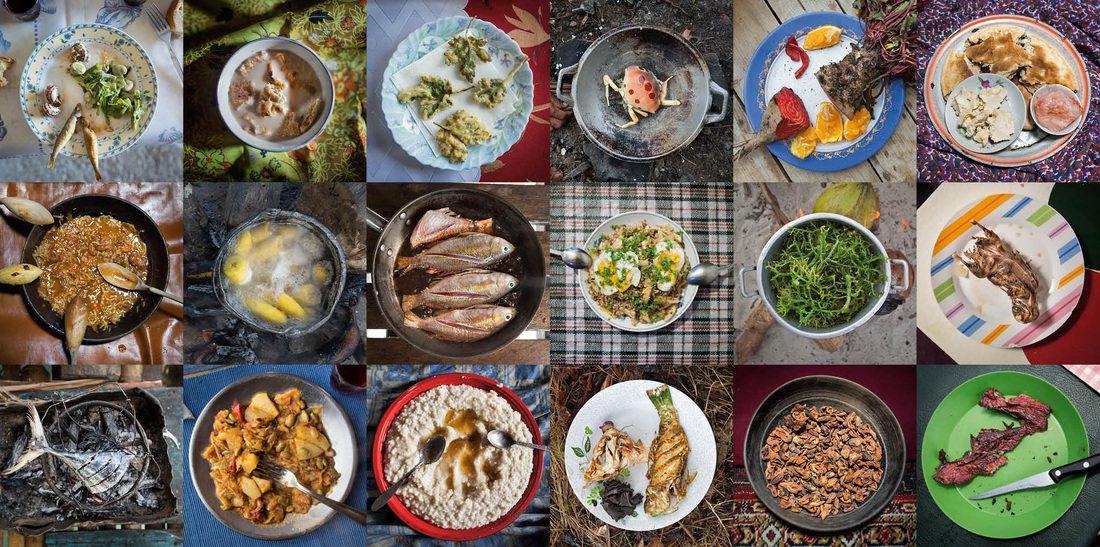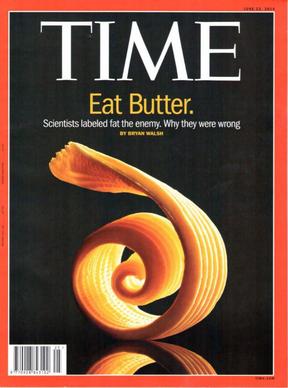
June Blog:
It has been pretty exciting to discover some of my favorite ideas in the mainstream press recently. In June, Time Magazine came out with Don't Blame Fat which challenges the Lipid hypothesis, the foundation for our national avoidance of saturated fat for 60 years. They See it as causing
September Blog:
The September National Geographic article The Evolution of Diet is another terrific article. This one looks at ancestral diets and how our bodies are not adapted to the modern diet. How studying ancestral diets gives us some key ideas about how to fine tune our health.
It has been pretty exciting to discover some of my favorite ideas in the mainstream press recently. In June, Time Magazine came out with Don't Blame Fat which challenges the Lipid hypothesis, the foundation for our national avoidance of saturated fat for 60 years. They See it as causing
September Blog:
The September National Geographic article The Evolution of Diet is another terrific article. This one looks at ancestral diets and how our bodies are not adapted to the modern diet. How studying ancestral diets gives us some key ideas about how to fine tune our health.
November Blog Is self diagnosis such a bad idea?
Written in response to Michael Specter's Against the Grain in the November 3rd issue of the New Yorker.
Are a third of American adults who are avoiding gluten being seduced by a fad, or indulging in mysticism akin to “an attack of evil spirits”? If those twenty million, persevering with challenging dietary change imagine they are feeling better, perhaps they are onto something. Why the doubting? Allergic reactions have been the subject of controversy for many years. Many medical doctors question the existence of Type II-IV reactions, sometimes suggesting a psychological component in those reporting. Symptoms may occur up to days after a food has been eaten and vary from GI distress, to joint pain, neurological or psychological distress. For nutritionists, wellness coaches and other alternative practitioners, addressing Food Sensitivities, which include both reactions to certain carbohydrates and Type II-IV reactions, is a significant focus of their practice. In an era where the CDC counts 75% of degenerative diseases as both preventable and attributable to lifestyle choices, support for dietary adjustment is a crucial element. As clients learn to recognize subtle clues from their bodies while fine tuning a diet, they become experts in their own health.
Written in response to Michael Specter's Against the Grain in the November 3rd issue of the New Yorker.
Are a third of American adults who are avoiding gluten being seduced by a fad, or indulging in mysticism akin to “an attack of evil spirits”? If those twenty million, persevering with challenging dietary change imagine they are feeling better, perhaps they are onto something. Why the doubting? Allergic reactions have been the subject of controversy for many years. Many medical doctors question the existence of Type II-IV reactions, sometimes suggesting a psychological component in those reporting. Symptoms may occur up to days after a food has been eaten and vary from GI distress, to joint pain, neurological or psychological distress. For nutritionists, wellness coaches and other alternative practitioners, addressing Food Sensitivities, which include both reactions to certain carbohydrates and Type II-IV reactions, is a significant focus of their practice. In an era where the CDC counts 75% of degenerative diseases as both preventable and attributable to lifestyle choices, support for dietary adjustment is a crucial element. As clients learn to recognize subtle clues from their bodies while fine tuning a diet, they become experts in their own health.


 RSS Feed
RSS Feed